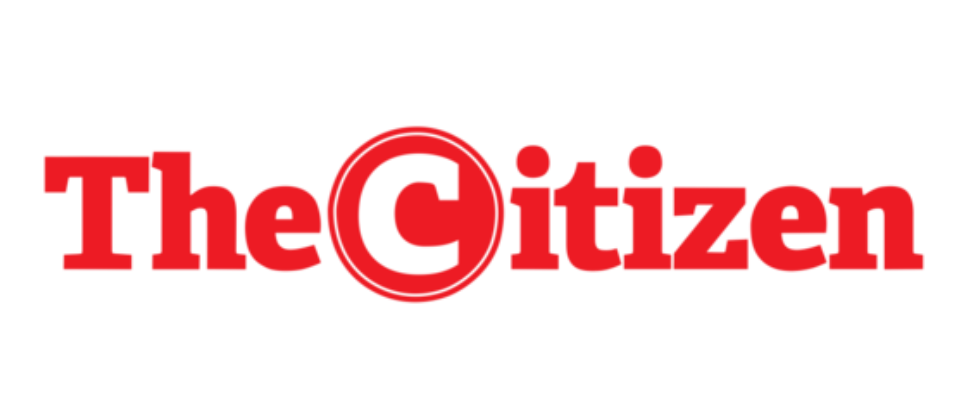South Africa’s Draft CARF and Revised CRS Regulations: A Step Towards Tax Transparency
As the cryptocurrency market rapidly expands and the global financial landscape evolves, tax authorities worldwide are intensifying their efforts to maintain transparency and combat tax evasion.
South Africa’s release of draft regulations for the CARF and updated CRS represents a significant advancement in compliance with international standards set by the Organisation for Economic Co-operation and Development (OECD).
These proposed regulations, published in September 2025, aim to foster the automatic exchange of tax-related information concerning both traditional financial assets and emerging crypto-asset classes.
Understanding the Draft CARF Regulations: Addressing Crypto Asset Tax Non-Compliance
The CARF regulations are instrumental in South Africa’s commitment to meet international tax standards, whilst allowing the South African Revenue Service (SARS) to pursue tax collection from the 5.8 million South African taxpayers engaging in crypto-related activities.
Approved by the OECD’s Committee on Fiscal Affairs during 2022 and 2023, CARF tackles the unprecedented growth of the use of crypto-assets on a global basis, and the associated tax implications.
The framework seeks to mitigate the erosion of tax transparency by mandating the automatic exchange of data linked to crypto assets across jurisdictions. Key components of the CARF Regulations will include:
- Delineating which crypto assets are subject to reporting obligations.
- Identifying the entities and individuals who are subject to data collection and specific reporting requirements.
- Promoting tax transparency on reportable transactions.
- Implementing iron-clad due diligence procedures and guidelines for identifying Crypto Asset Users and Controlling Persons, and their reporting obligations in relevant jurisdictions.
Additionally, CARF establishes a Multilateral Competent Authority Agreement (MCAA) to facilitate international data exchange, coupled with a standardised electronic reporting format.
Revised CRS Regulations: Nowhere to Hide for Non-Compliant Taxpayers
In conjunction with CARF, SARS has introduced draft amendments to the CRS, which has served as the foundational global standard for automatic exchange of financial account information!
The revised CRS is aimed at bringing new financial products, intermediaries and financial assets into its scope. This includes certain electronic money products and Central Bank Digital Currencies.
It is noteworthy that the investigation into South African taxpayers’ offshore interests has long been on the cards with SARS, with foreign asset/income disclosure notices being issued as far back as 2020, entailing a blanket disclosure of offshore assets.
The knock-on effect of this, is the promotion of the automatic exchange of information, imputing a legal reporting obligation on the respective revenue authorities, by virtue of the provisions contained in the MCAA.
At the time, many taxpayers may have thought best to hide the revenue authority’s request under their mattresses, but now, there appears to be no escape for the non-compliant South African taxpayer.
Automatic Exchange of Information Aimed to Eradicate Non-Compliance
Now is not the time to take risks. SARS’ approach clearly shows we are dealing with a competent revenue authority. So why risk it when compliance is evidently the preferred way forward, which SARS is willing and ready to assist all taxpayers with, as advised by Commissioner Edward Kieswetter. He has stated that SARS will do its best to “make it easy and seamless for taxpayers when they transact with the organisation”.
This statement, when SARS is correctly legally engaged, is evidently made by a revenue authority that is steadily aligning itself with international standards and climbing back to its former prestige as one of the world’s finest.
Taxpayers involved in crypto transactions or holding digital assets should anticipate increased scrutiny and enhanced information sharing among tax authorities, emphasising the necessity for precise tax reporting and compliance.
A Level of Solution-Based Thinking
For the South African taxpayers wishing to rectify historical non-compliance by means of a voluntary disclosure of information, or ensure their current compliance record remains unblemished, there are various solutions available from a legal standpoint.
The most proactive way to effect this disclosure, is by means of a Voluntary Disclosure Programme (VDP) application. The VDP application allows taxpayers to legally declare any undeclared income, but not be subject to the penalties which would generally stem from such non-disclosure.
This is the first prize from a compliance perspective and should be considered as a priority for all taxpayers who have not yet received any formal correspondence from SARS, pinpointing a specific liability owed.
Where taxpayers find themselves on the wrong side of SARS, there is a first mover advantage in seeking the appropriate tax advisory, ensuring the necessary steps are taken to protect both taxpayers and their families, from paying for crimes of non-compliance. However, where things do go wrong, SARS must be engaged legally, and we generally find them utmost agreeable where a correct tax strategy is followed.







